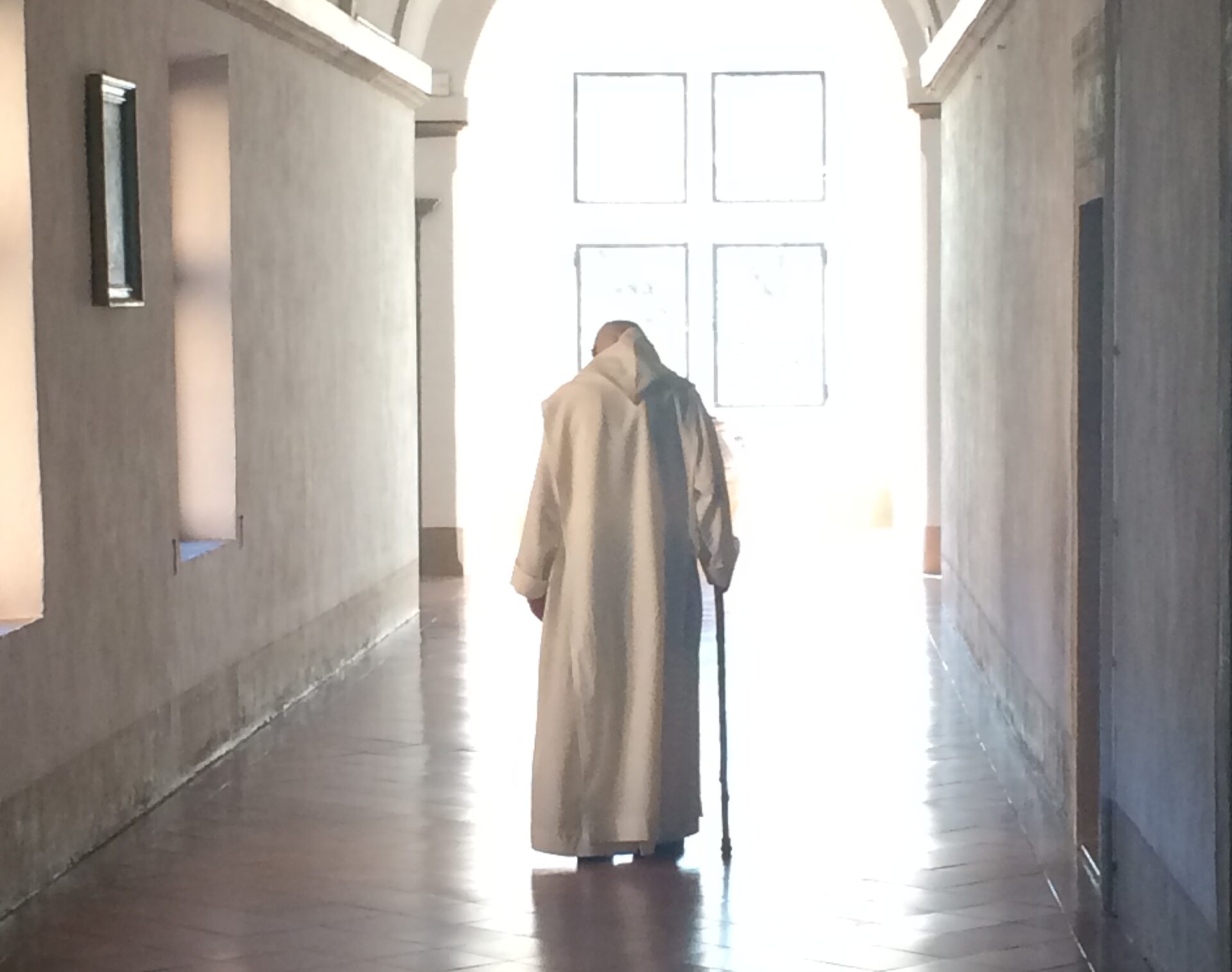Also Listen on:
Last week Diane Tolomeo, a meditator from western Canada and a member of the WCCM Academy, gave the second of this year’s conferences on our theme ‘Metanoia: Let Your Minds be Re-made’. As a teacher of English Literature, she spoke both brilliantly and entertainingly about ‘Education: Teach me what I do not see’.
This week our reflections play with the symbol of light. Learning is being enlightened. We should not think we ever have learned enough and burying our gifts is ignorance, stifling the divine light in ourselves. “No one after lighting a lamp puts it under the bushel basket, but on the lampstand, and it gives light to all in the house. In the same way, let your light shine before others, so that they may see your good works and give glory to your Father in heaven” (Mt 5:15-16). On the holy mountain Jesus allowed his inner light to shine visibly, even though his disciples could not yet understand the experience. Continuously learning what we cannot understand, is the essence of discipleship and the dynamic of metanoia. The aim of learning and letting your light shine is to bring benefit to others not to ourselves.
Diane mentioned George Herbert’s poem ‘The Elixir’. She drew our attention to the lines where he speaks of how we can use a mirror. We can look at the glass and see our own reflection or we can look through and ‘heaven espy’. We are sovereignly free to choose where to place our attention. But the right use of freedom needs discipline
Contemplative learning is the aim of our new WCCM Academy. Its teaching-learning community formed over a two-year cycle will help students deeper into ‘contemplative living’, whatever their age, work or way of life. Simone Weil said in an essay – we will use it with students as the Academy starts next month- that the deeper purpose of study is not to pass exams or acquire qualifications but to develop the power of attention. In its higher stages, attention becomes both pure prayer and compassion for others.
Drawing from contemplative wisdom in the two streams of Christian and other traditions, through many fields of knowledge, the program will build a learning community between students, faculty and personal tutors. The third stream will explore how this wisdom can be applied to the challenges all humanity is presently confronting.
We learn best when we find joy in learning. This mirrors the boundlessness of knowledge because study should lead, not to narrow over-specialisation, but to transcendence. Diane spoke about education as a balance between browsing and concentration, spontaneity and discipline. Meditation itself is continuous learning. One of its fruits is seeing how discipline launches us into a life of freedom. But as with anything that becomes a regular part of life, there are moments when we are tempted to reject discipline for novelty.
Herbert understands this with masterly brevity in his poem. He refers to the self-transcendence of the process: we learn and change not for my sake but, quoting a clause of Jesus’ teaching, ‘for thy sake’. Then, he speaks of restlessness and boredom – when learning can seem ‘drudgery’. But, he adds, other-centredness (for thy sake) makes ‘drudgery divine’. Ordinary things done with other-centred attention become not less than ‘divine’.





